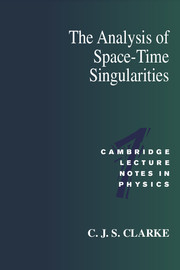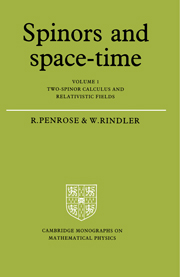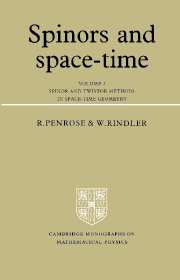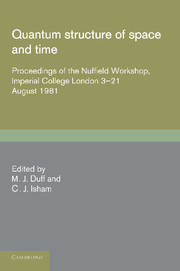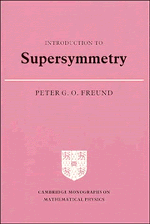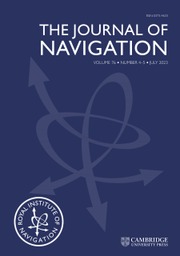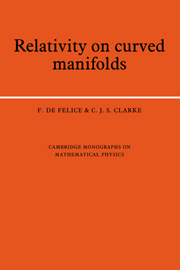The Analysis of Space-Time Singularities
The theorems of Hawking and Penrose show that space-times are likely to contain incomplete geodesics. Such geodesics are said to end at a singularity if it is impossible to continue the space-time and geodesic without violating the usual topological and smoothness conditions on the space-time. In this book the different possible singularities are defined, and the mathematical methods needed to extend the space-time are described in detail. The results obtained (many appearing here for the first time) show that singularities are associated with a lack of smoothness in the Riemann tensor. While the Friedmann singularity is analysed as an example, the emphasis is on general theorems and techniques rather than on the classification of particular exact solutions.
- Written by an expert in theoretical analysis
- Topical subject of interest to mathematicians and physicists
- Includes new results, published here for the first time
Reviews & endorsements
'...an elegant and useful account of our present state of understanding.' William C. Saslaw, The Observatory
Product details
May 1994Paperback
9780521437967
192 pages
230 × 154 × 15 mm
0.33kg
22 b/w illus.
Available
Table of Contents
- 1. Introductory
- 2. The Riemann tensor
- 3. Boundary constructions
- 4. Existence theory and differentiability
- 5. The analytic extension problem
- 6. Attributes of singularities
- 7. Extension theories.

